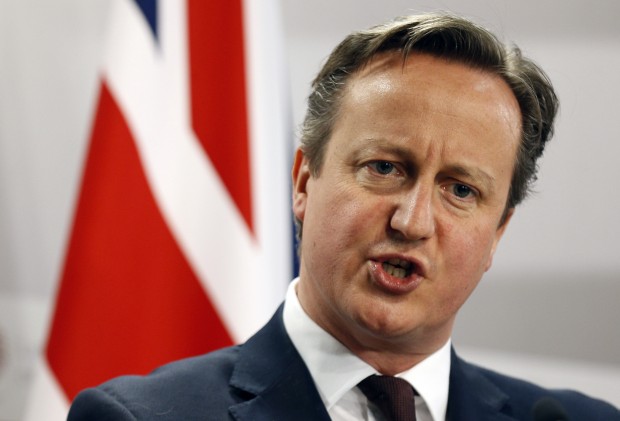
David Cameron is to set out his plan for tackling the crisis in Syria within days, in a bid to win support for air strikes against Islamic State fighters.
It comes after a Foreign Affairs Committee report said the UK should not join allied bombing in Syria without a coherent international strategy on ISIS. The government has said it will only call a vote when it is sure to win.
Some authorities said it would not back action without clear UN legal authority, while labor MPs are divided on the issue. ISIS has claimed responsibility for the Paris terror attacks, as well as recent attacks in Tunisia, Egypt, Beirut and Turkey among others.
The prime minister will appear in the House of Commons in the coming week to set out a “full-spectrum” strategy – including military, counter-terrorism and humanitarian actions, according to BBC.
Chancellor George Osborne said MPs would then have time to “digest that response”, and the government would hold a parliamentary vote after giving them enough time to consider their options.
There has been some difference in opinions about their intervention with ISIS, Jeremy Corbyn, who is under pressure to allow his MPs a free vote on the issue, warned against “external intervention” in Syria.
His close ally, Shadow Chancellor John McDonnell, said if there had to be troops on the ground in Syria, they should come from the region itself, arguing that the US and the UK getting involved in another war in the Middle East played into the IS “narrative of crusader invasion”.
The Democratic Unionist Party in Northern Ireland, which holds eight seats at Westminster, said it would back British military force in Syria provided it was “realistic and in the national interest”.
Meanwhile Maj Gen Tim Cross, the most senior British Army officer involved in Iraq’s reconstruction after 2003, said “hard military power” alone would not be enough.
“That will only be a part of holding, containing, degrading Isis in the Middle East. It won’t destroy the idea and it won’t destroy Isis in and of itself,” he told the BBC.
MPs voted against UK military action against Syrian President Bashar al-Assad’s government in 2013. But they did later approve British air strikes against ISIS extremists in Iraq.
Cameron is also due to meet French President Francois Hollande in Paris on Monday to discuss ways of co-operating on counter-terrorism and the fight against ISIS.




